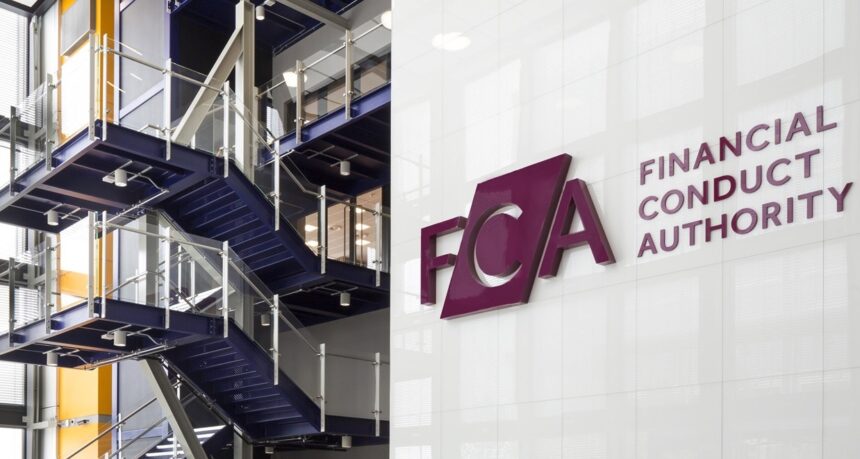UK’s Financial Conduct Authority Reduces Crypto Registration Approval Times
The UK’s Financial Conduct Authority, or FCA, has significantly shortened the time needed to approve crypto registration applications by 69% since 2023. However, the regulator’s data also indicates that there has been a 43.5% drop in applications over the last two years.
Details from the FCA’s Recent Data Release
The FCA shared this data following a freedom of information request from the London-based international law firm Reed Smith, which was seeking insights into the number of applications submitted by cryptoasset service providers, including exchanges, since the financial year 22/23.
The statistics show a consecutive decline in successful applications, decreasing from eight in 22/23 to six in 23/24 and further down to three in 24/25. This trend is matched by a decrease in the total number of applications received by the UK’s financial regulator, which fell from 46 in 22/23 to 28 in 23/24 and then to 26 in 24/25.
These trends underscore the declining approval rate of the FCA, dropping from 17.4% in 22/23 to 11.5% in 24/25.
FCA’s Improved Application Process
Despite the declining applications, the data reveal that the FCA is speeding up its application process, following an earlier methodology that resulted in the exit of several cryptocurrency firms. In the 22/23 financial year, the average approval time for applications was 511 days, whereas it decreased to 158 days for 24/25.
This acceleration has been positively received by UK cryptocurrency industry representatives, with a spokesperson for CryptoUK expressing that this change is likely to enhance confidence among crypto-related enterprises. “CryptoUK and its 200 members continue to work closely with the regulator, the government, and other policymakers,” the spokesperson stated, also mentioning that “it’s crucial for the FCA to fulfill its regulatory roadmap, and digital asset businesses are eager for a complete legal framework.”
Trends in Application Withdrawals
Another encouraging sign is the reduction in the number of firms withdrawing their applications, which decreased from 70 in 22/23 to 15 in 24/25. Simon Jennings, Executive Director of the UK Cryptoasset Business Council, highlighted this as a positive development in the interviews. He mentioned that the FCA has enhanced its internal knowledge and resources, which leads to faster processes. “With the introduction of its new secondary objective on growth and international competitiveness, the system feels a bit less congested than it used to.”
However, Jennings noted the decline in new applications last year, attributing it to a persistent perception of lengthy timelines and uncertainty in the process. “Although improvements are happening, especially among SMEs in the market, the perception remains that the process is cumbersome and unfairly favours larger firms,” he added.
Regulatory Changes Ahead
For Reed Smith, the drop in applications may be connected to the UK Government’s initiatives to roll out “robust” new legislation for cryptocurrencies, causing some firms to “pause and reassess.” Brett Hillis, Partner at Reed Smith, suggested that firms obtaining cryptoasset registration may eventually need to seek full FCA authorisation once the new regime is applied to cryptoassets. This could lead to delays in firms trying to secure a complete UK setup to avoid sequential application processes, even with credits for prior registrations.
Last week, the FCA initiated a consultation on a new proposal aimed at establishing minimum standards for crypto firms to foster a sustainable and competitive crypto sector and reclaim ground lost to other jurisdictions. To address concerns regarding long wait times, Jennings urged the FCA to enhance its registration process, making it more transparent and well-supported for firms so they “feel guided” throughout the procedures.
“We must acknowledge the global landscape: regulators from MAS to VARA are actively enticing firms, rolling out the red carpet to encourage relocation,” he explained. “If the UK aims to lead, we must remain aware of that competition.”



















